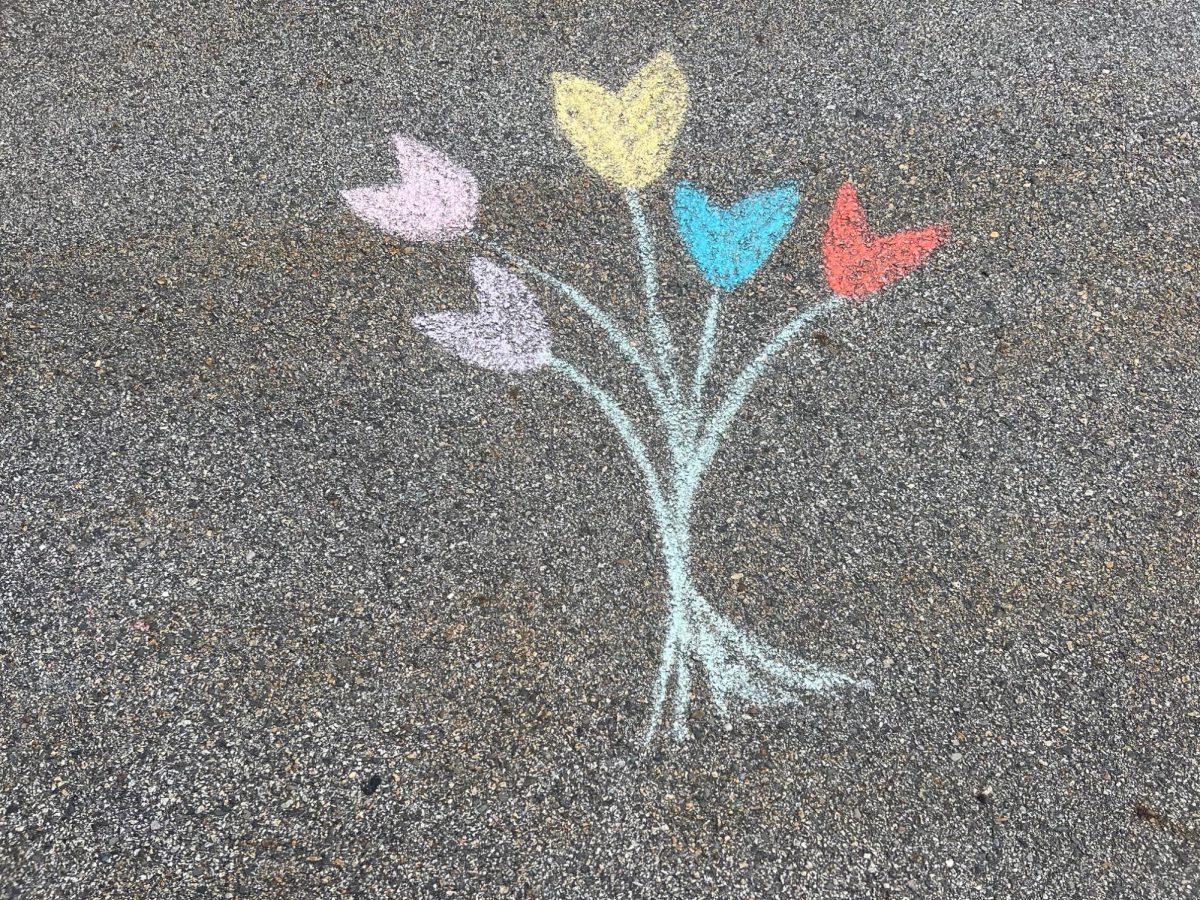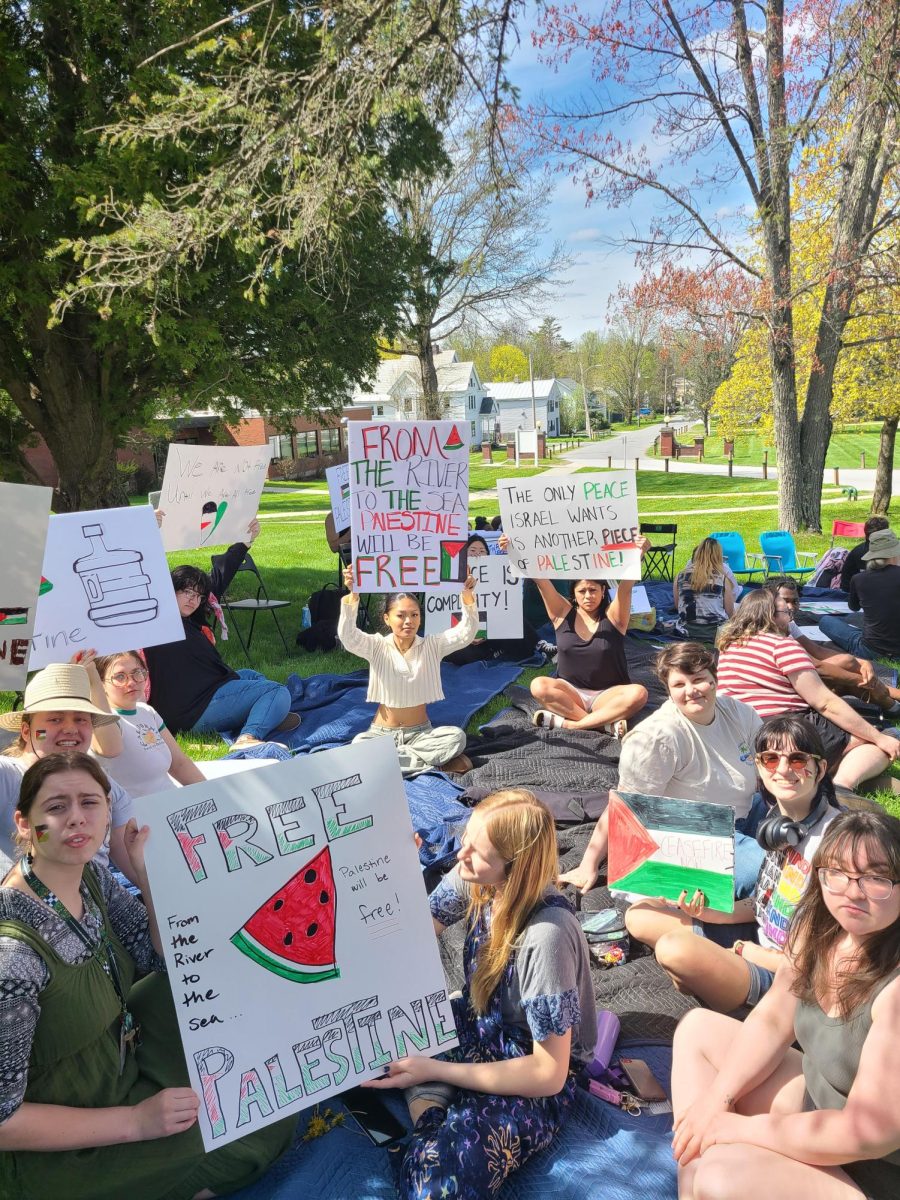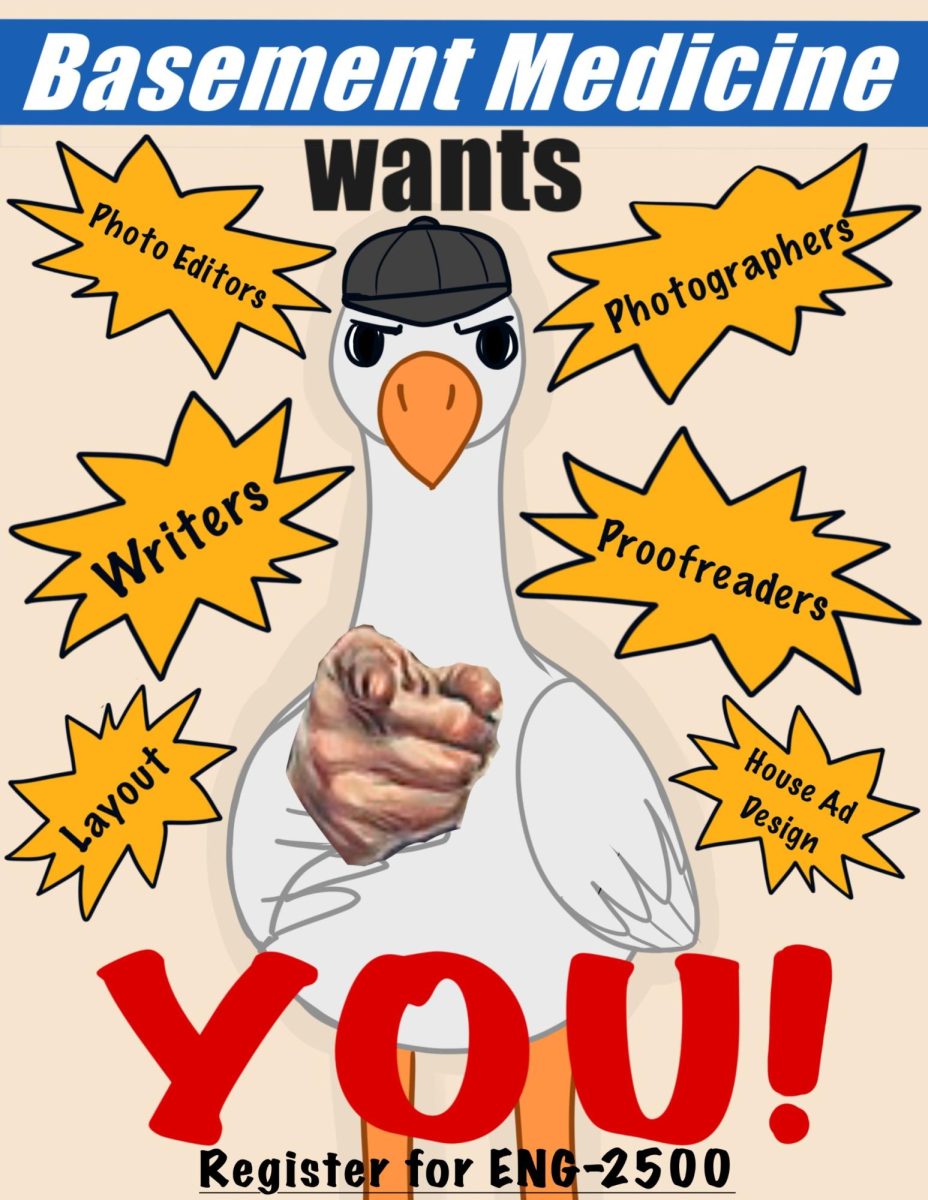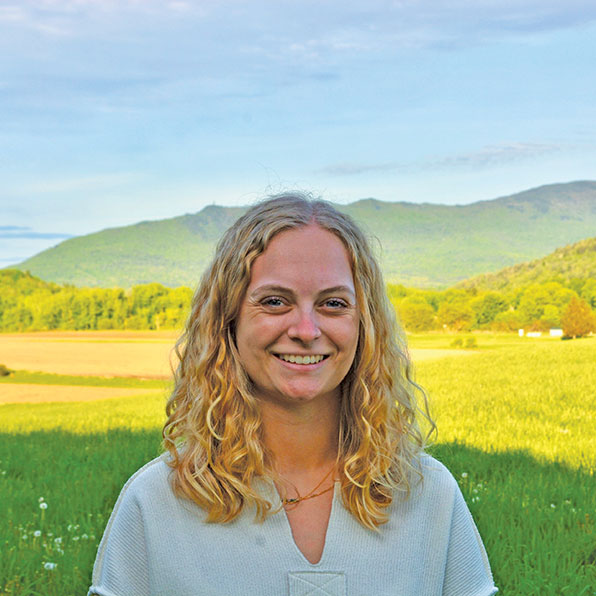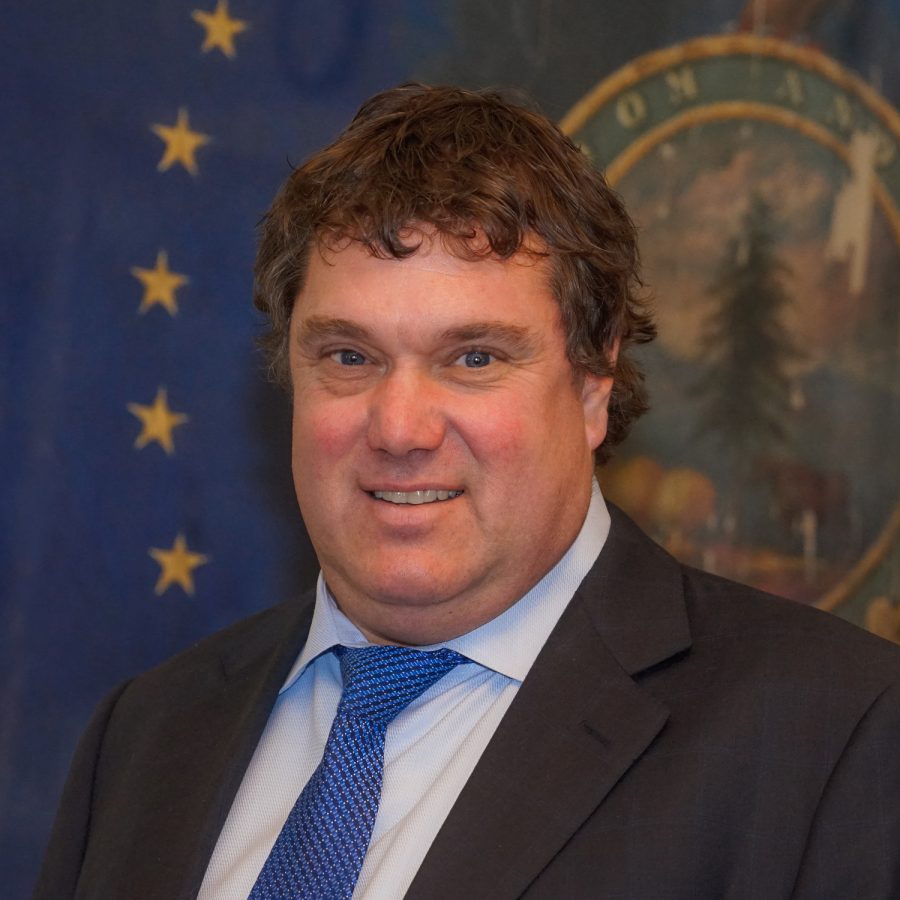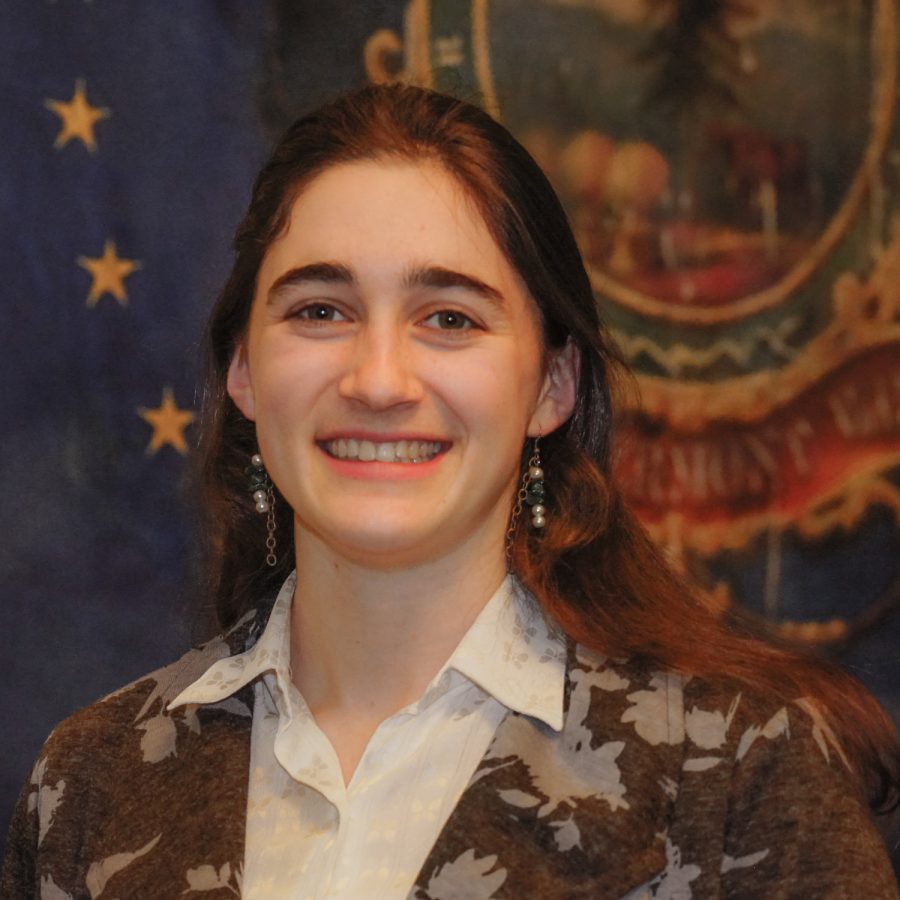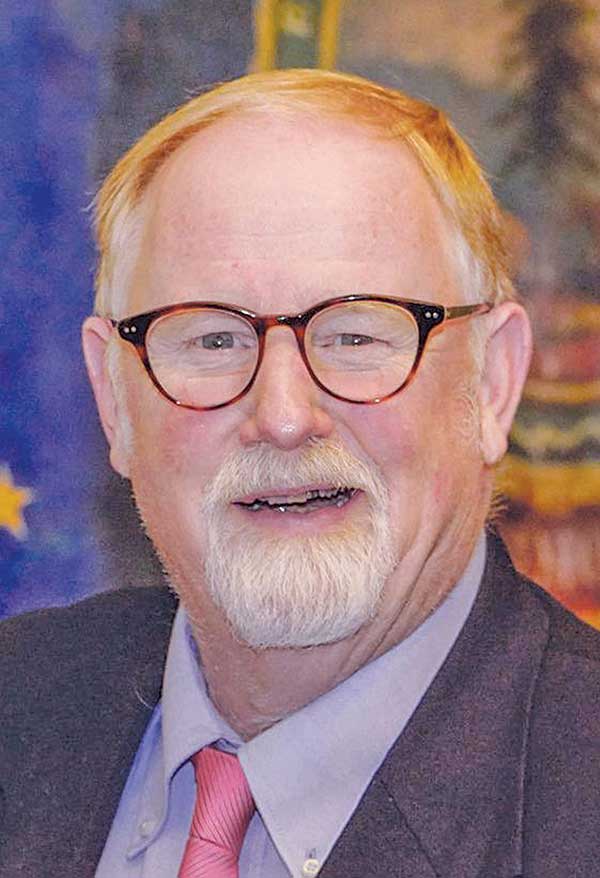Friends are a big source of comfort and stress in our lives – whether we have them and the dynamics they bring. Even extreme introverts need and want peeps and are no less capable of having them than are gregarious extroverts, it just looks different. Business culture uses the term social capital. Psychology refers to the strength of one’s relationships as a personal asset.
The number of bonds we have with people as well as the degree of connection influences whether we experience a strong or weak sense of community and belonging which impacts the wellbeing of the community itself and ultimately impacts our own innate sense of security.
Our connections with others typically range from acquaintances to buddies to close friends. Acquaintances are important for accessing resources like information about jobs, interests, and things we enjoy or need. Acquaintances that we see often due to mutual interests or proximity may become buddies, like rugby, bowling, card-playing, book club, drinking buddies, etc… They may by virtue of longevity over the years be much more than acquaintances and yet it may still be the mutual activity or interest that binds the connection. Drop rugby, quit partying or switch activities and then where are the “friends?”
Friends are the people we are real with. That in itself is priceless. They know our strengths and vulnerabilities and are still unquestionably a part of our lives. We can depend on them. They are invested in us, care about our well being and vise-versa.
We usually think of friends as a positive aspect in our lives but sometimes they can bring stress. Maybe they’ve gotten locked into a job, relationship or lifestyle that isn’t right for them and they don’t know how to deal with it in a healthy way. If a friend brings repeated drama, safety concerns or toxicity, we need to figure out our own limits, decide how we’ll manage the stress they bring, be clear about what support we can and can’t offer and monitor to what degree we can stay connected. This can be a sad time, especially if it’s someone we’ve been close to and has been a good friend to us. Friendships like all relationships require flexibility on a number of levels. They sometimes show us where our limits are and where clarity, boundaries and honesty become essential to maintaining a real, caring and healthy connection.
We are usually willing to go the distance for a true friend. Not so for an acquaintance. That’s why choosing friends wisely has been advised since ancient times. You’ll only be as successful as the people you surround yourself with, is still valid. There are plenty of people we can tolerate in low doses without taking on any damage but we need to assess and not feel too guilty to decide when a little of someone is more than enough. So often the guilt and social correctness around judging others gets in the way of making healthy friend choices. I say go ahead, judge and discern. Not in the sense of putting the other person down to make the lameness in yourself look or feel better than it is, but in the sense of making decisions about how to watch your own (or a friend’s) back when in that less than trustworthy (or caring) acquaintance’s presence. It’s okay to pull back and look at the benefits and the costs of the connection and decide whether to limit, maintain or nurture its growth.
Our self-worth and esteem take a hit if we spend too much time in unhealthy relationships. It hurts to be hurt by people (especially those who claim to care about us) repeatedly without meaningful repair as well as when we then act out for payback in hurtful ways to others. It’s pretty hard to feel good about yourself after hurting someone for any reason. It also feeds the unhealthiness of the situation for everyone involved. We are all humans and won’t always be at our best. We all have shortcomings and make mistakes that hurt others. When we own our own part in the difficulty and make repairs after hurting someone, it can restore and even enhance trust and clarify how to go forward in a healthier way that feels and is better for all involved.
Working on social and relationship skills has a lot of benefits. Right relationship is the essence of spiritual practice. It makes us better people to know and be with, strengthens our connection with others and the payback includes the benefits of mad social capital.
JSC Health & Counseling Center
Located in the sub-floor of Senators South
802-635-1265
Call or stop in to schedule appointments
Reception Hours:
Mon-Thurs 9 a.m. – noon and 1-4 p.m.
Friday 9 a.m. – 1 p.m.


